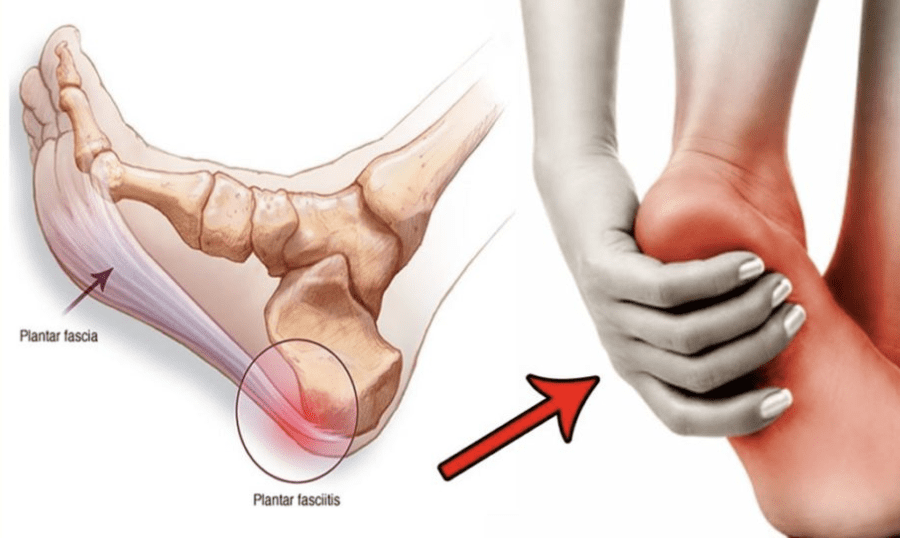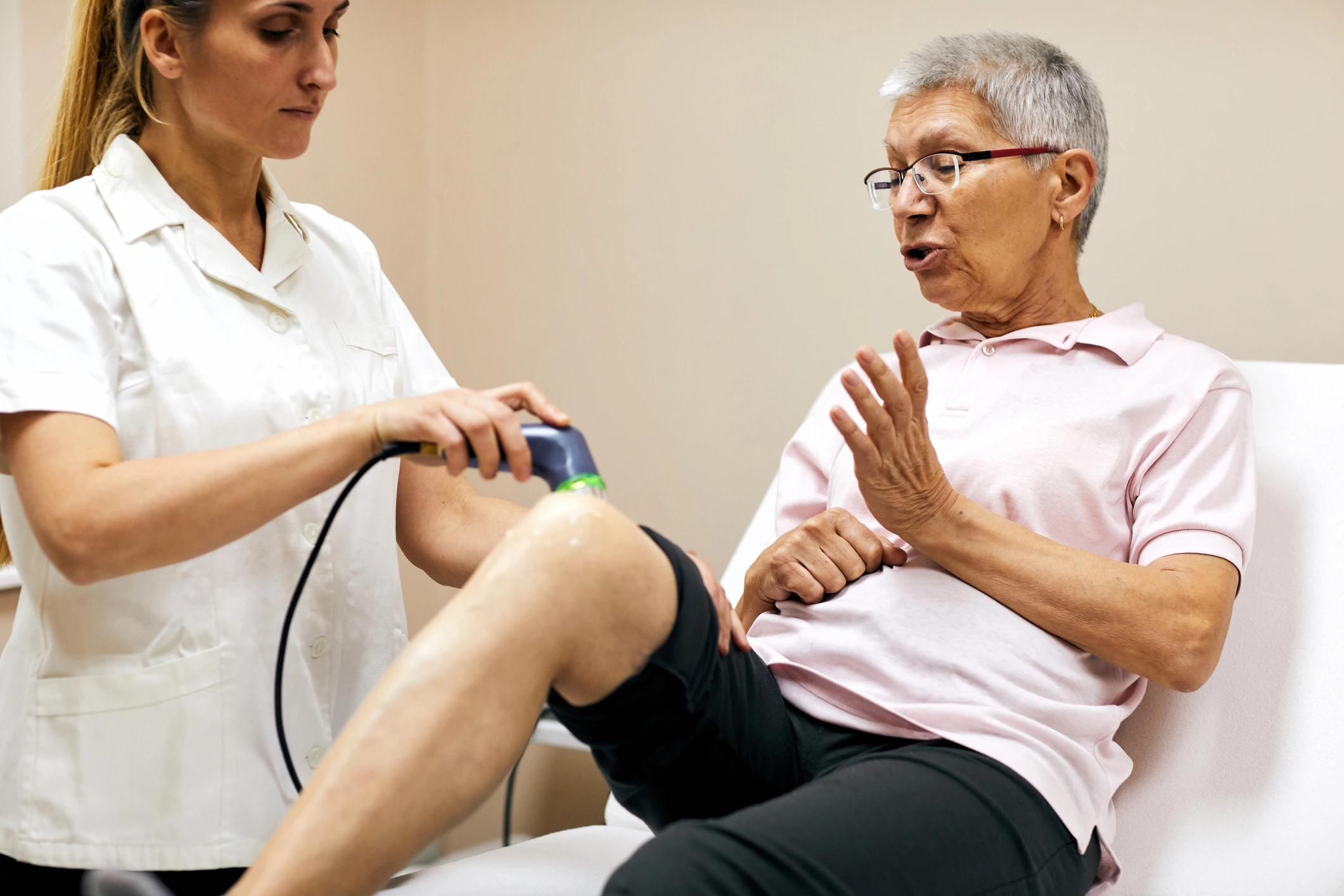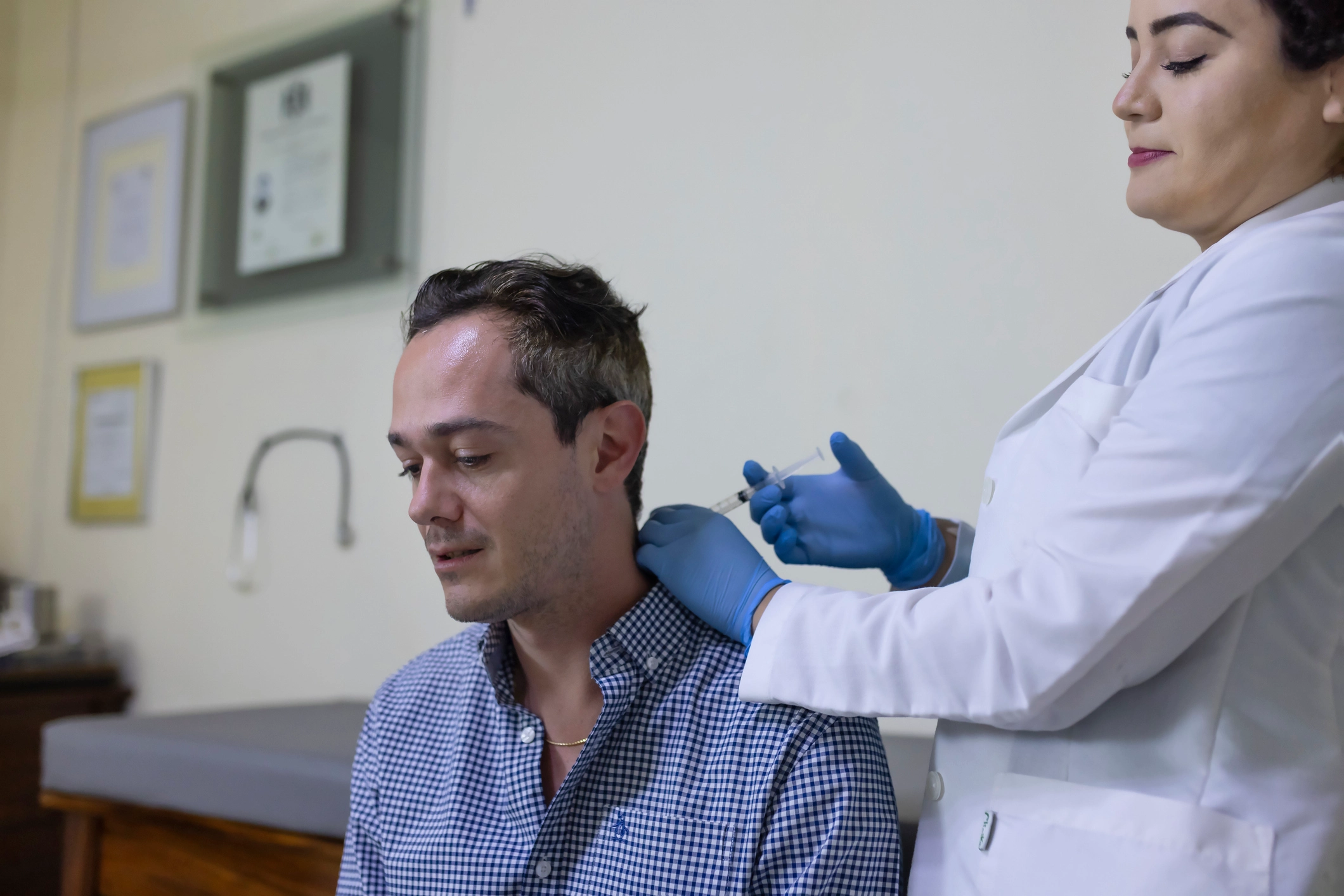Get Help For Plantar Fasciitis Pain
Plantar fasciitis can lead to chronic heel pain, impacting your mobility and overall well-being. At NextPain Care, we prioritize providing minimally invasive, evidence-based treatments tailored to relieve pain associated with plantar fasciitis. Our comprehensive approach aims to not only reduce pain but also improve mobility, offering lasting relief and helping you get back to your daily activities.
With a focus on personalized care and patient-centered support, we create a welcoming environment that empowers you to actively participate in your recovery journey from plantar fasciitis.
Schedule Your Consultation!

What we do
Help Ease The Stabbing Pains Caused By Plantar Fasciitis
Plantar fasciitis often causes stabbing pain in the arch or heel of your foot, ranging from mild to severe. If you suffer from plantar fasciitis, you know how challenging it can be to walk or stand, much less exercise or participate in sports. Severe cases can be incredibly debilitating, making it hard to carry out even the most basic activities.
At NextPain Care, we focus on providing relief from plantar fasciitis to help you return to your active lifestyle. Our approach aims to reduce inflammation and improve mobility, addressing chronic heel and foot pain.
-
Experiencing limited range of motion
-
Skipping walking
-
Sharp pain at the soles of the feet
-
Having a renewed sense of mobility
-
Embracing an active way of life
-
Effective pain management strategies

How Can We Help You?
What Causes Pain from Plantar Fasciitis?
The exact cause of plantar fasciitis remains elusive and is generally believed to be complex. However, it is primarily attributed to overuse or strain on the plantar fascia – the sturdy band of tissue linking your heel bone to your toes. This fascia plays a crucial role in supporting your body weight and cushioning impact during both standing and walking.
Straining the fascia can lead to inflammation and foot pain, especially concentrated around the heel. This strain may stem from intense physical activities like running or sports, ill-fitting footwear, underlying medical issues (e.g., arthritis or diabetes), poor posture, or body mechanics.
One reason for the misunderstanding of this condition lies in the fact that pain may arise from both overuse and underuse of the fascia.
Start Today








